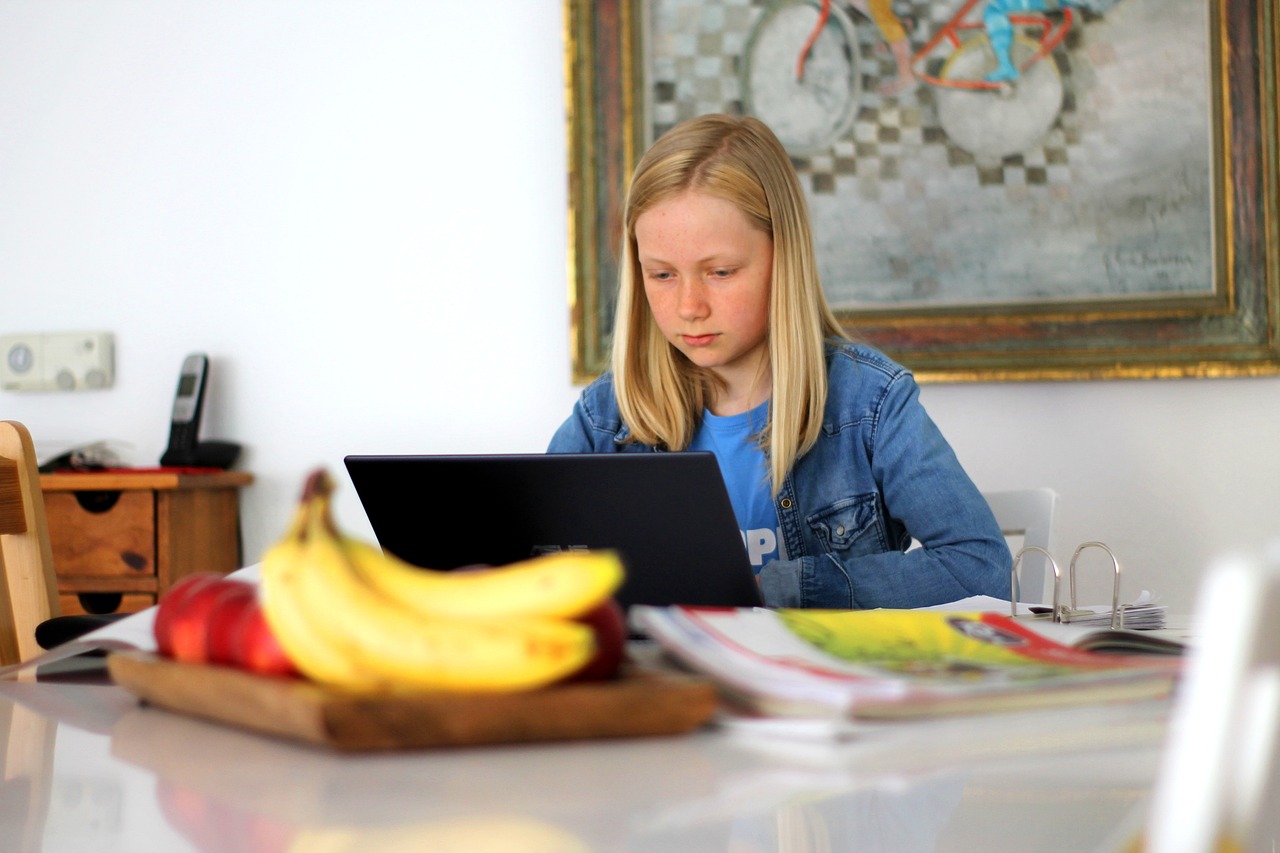The iPhone parental control apps provide several features that allow parents to limit and manage their child's screen time effectively. For instance, they offer content filtering capabilities which prevent kids from accessing inappropriate or harmful content online. They also give parents the ability to restrict downloads and purchases from the App Store, ensuring that only age-appropriate apps and games can be installed.
Moreover, these applications come with location tracking features. This means that parents can always know where their children are at any given time, thus increasing safety and peace of mind. Some even offer geofencing services where alerts are sent if a child leaves a designated safe area.
Another significant aspect of these parental control apps is that they promote healthy device habits. With features like setting downtime schedules or limiting usage during certain hours (such as bedtime), children learn about balance and the importance of unplugging from devices.
A noteworthy example of such an app is Apple’s own Screen Time feature which provides comprehensive tools for managing device use. It allows you to set communication limits, view detailed reports about how much time your kid spends on different apps, websites, and more.
However, despite all its benefits, it's important not just relying solely on these controls but combining them with open conversations about online safety rules and etiquette.
In conclusion, iPhone parental control apps play a key role in helping parents navigate the tricky waters of digital parenting while equipping children with responsible behavior towards technology use. However improbable it may seem at first glance, having this level of oversight does not mean invading privacy but instead fosters an environment where trust is built along with ensuring security.
Selection: improbable

